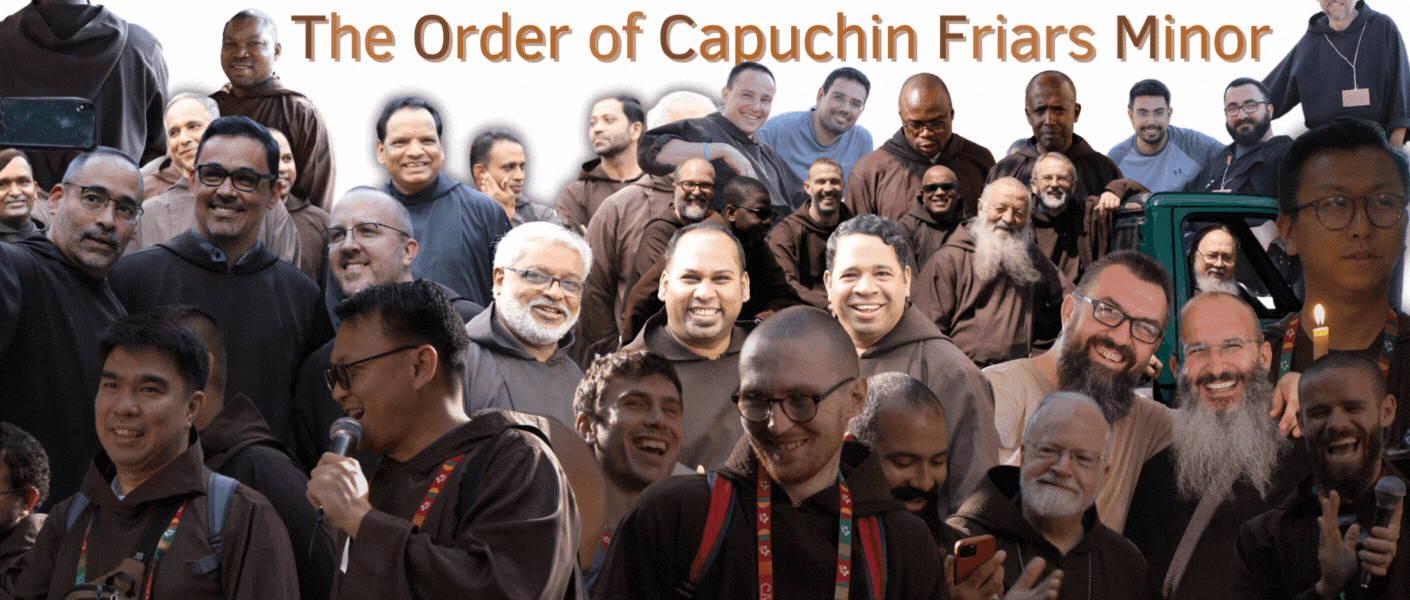Ad Theologiam Promovendam - A New Apostolic Letter 2023
- Published in General Secretariat for Formation
(A Call to be open to the New Theological Insights and Profound Cultural Transformations)
Pope Francis in his new Apostolic Letter titled Ad Theologiam Promovendam, (To Promote Theology) presents a new vision for the future Catholic Theology in a new motu proprio issued on 1st November 2023. This document revises the statutes of the Pontifical Academy of Theology (PATH) “to make them more suitable for the mission that our time imposes on theology.”
Pope Francis invites theologians to have widespread dialogue with modern science, culture and people’s lived experience as an essential starting point.

He also calls to attention the “profound cultural transformations,” taking place in the world. «What we are experiencing is not simply an era of change, but a change of epoch»
Some inspirational points to note from the Apostolic Letter:
“Theology can only develop in a culture of dialogue and encounter between different traditions and different knowledge, between different Christian confessions and different religions, openly engaging with everyone, believers and nonbelievers,” (n.9)
-Theological reflexion must "be a fundamentally contextual theology, capable of reading and interpreting the Gospel in the conditions in which men and women live daily, in different geographical, social and cultural environments, and having as its archetype the Incarnation of the eternal Logos, its entry into the culture, worldview and religious tradition of a people. From here, theology cannot but develop into a culture of dialogue and encounter between different traditions and different knowledge, between different Christian denominations and different religions, openly confronting all, believers and non-believers alike". (n.4)
Transdisciplinarity must instead be thought of "as the collocation and fermentation of all knowledge within the space of Light and Life offered by the Wisdom that emanates from the Revelation of God" (Apostolic Constitution Veritatis gaudium, Proem, 4c). Hence the arduous task for theology to be able to make use of new categories elaborated by other forms of knowledge, in order to penetrate and communicate the truths of faith and transmit the teaching of Jesus in today's languages, with originality and critical awareness. (n.5)
"Ecclesial Synodality therefore commits theologians to do theology in a synodal form, promoting among themselves the ability to listen, dialogue, discern and integrate the multiplicity and variety of instances and contributions". It is therefore important that there are places, including institutional ones, in which to live and experience theological collegiality and fraternity. (n.6)
Theological reflection is urged to develop with an inductive method, starting from the different contexts and concrete situations in which peoples are inserted, allowing itself to be seriously questioned by reality, to become discernment of the "signs of the times" in the proclamation of the Salvific Event of the God-agape, communicated in Jesus Christ. Therefore, the knowledge of the common sense of the people, which is in fact the theological place in which so many images of God dwell, often not corresponding to the Christian face of God, who is only and always love, must be privileged above all. Theology is at the service of the Evangelisation of the Church and the Transmission of faith, so that faith may become culture, that is, the wise ethos of the people of God, a proposal of human and humanising beauty for all. (n.8)
Faced with this renewed mission of theology, the Pontifical Academy of Theology is called to develop, in constant attention to the scientific nature of theological reflection, transdisciplinary dialogue with other scientific, philosophical, humanistic and artistic knowledge, with believers and non-believers, with men and women of different Christian denominations and different religions. (n.9)
This Apostolic Letter is also an invitation for all of us Capuchins to be open to new theological insights, to propose new ideas for intercultural application in the Capuchin Franciscan journey. It is a great support for our ongoing formation as indicated by the Ratio.
You see the importance of our academic centres, and the conferences must create common centres for both initial and ongoing formation. They must also follow these directions. This is the spirit our formation secretariat wants to carry forward with the Ratio Localis.
All those who update and collaborate will be inspired by the Holy Spirit to be enthusiastic and relevant in the modern world.
Fra. Charles Alphonse and Jaime Rey OFMCap
General Secretariat for Formation, Rome
Link:

